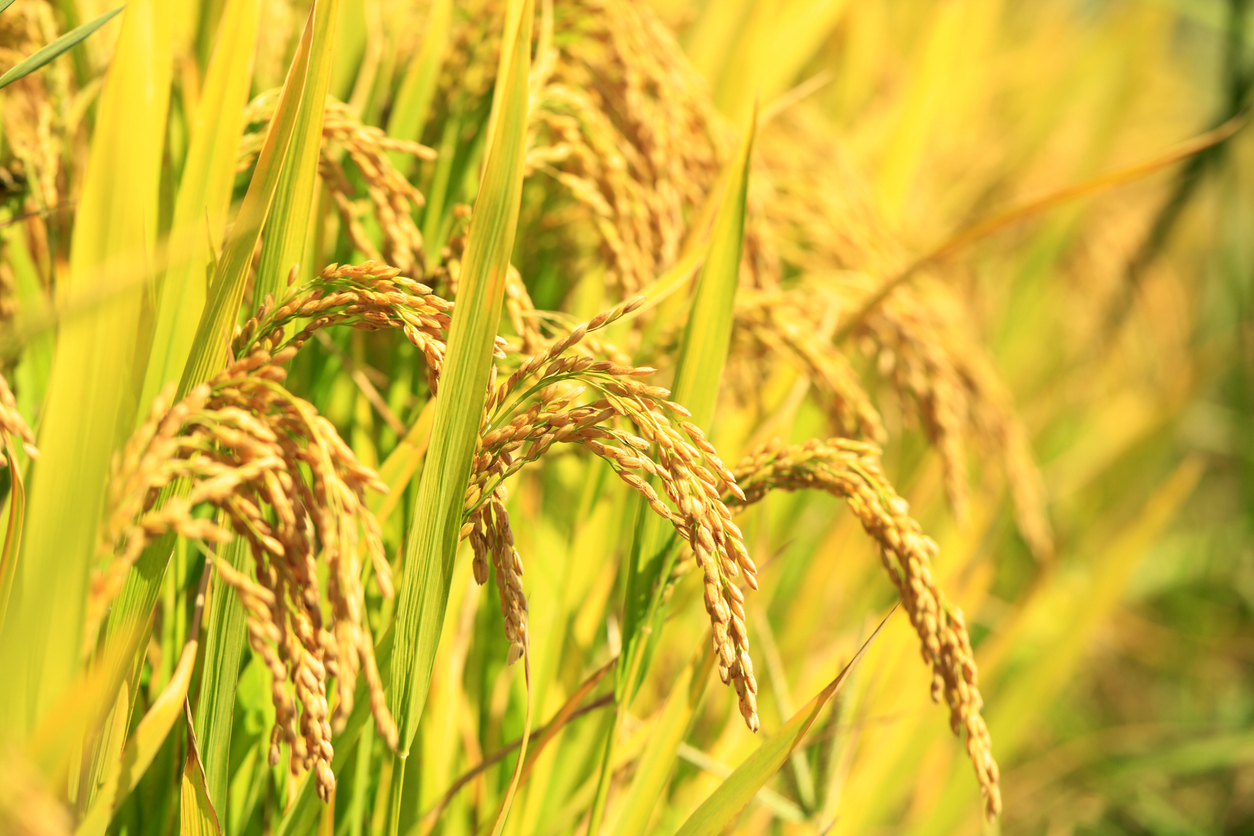
AI Uncovers Key to Sustaining Rice Yields for Billions Around the World
September 3, 2025| |
A recent study published in Field Crops Research shows how machine learning and a five-decade-long rice-cropping experiment are providing crucial insights into food security. An international research team, including scientists from the International Rice Research Institute (IRRI), Gifu University, Kyoto University, Japan's National Agriculture and Food Research Organization (NARO), and the International Fertilizer Association, applied artificial intelligence (AI) to data from 150 consecutive rice crops to understand what drives long-term rice productivity.
The study, which analyzed over five decades of data from 1968 to 2017, is the first to utilize AI to unravel the intricate relationships between climate, crop varieties, and management practices in rice systems. The findings revealed that while improved nitrogen fertilizer use and solar radiation consistently boost yields, their impact varies greatly across seasons. The research highlights the importance of tailored strategies, such as developing new varieties that can withstand specific seasonal challenges, including high nighttime temperatures during the dry season and humid, low-radiation conditions during the wet season. It also found that sticking with the same rice variety for too long can reduce its responsiveness to nitrogen and increase disease risks.
By combining long-term experimental data with modern AI tools, scientists can now develop smarter, season-specific strategies to help farmers maintain rice production. These insights are a blueprint for climate-resilient farming across Asia's 22 million hectares of irrigated rice paddies, which provide food for billions of people.
For more details, read the news article in IRRI News and Events.
| |
You might also like:
- AI Tool MorphPod Automates Plant Fruit Measuring to Breed Better Crops
- AI-Powered Robots to Transform Crop Breeding
- Scientists Use AI to Boost Precision of Gene Editing
Biotech Updates is a weekly newsletter of ISAAA, a not-for-profit organization. It is distributed for free to over 22,000 subscribers worldwide to inform them about the key developments in biosciences, especially in biotechnology. Your support will help us in our mission to feed the world with knowledge. You can help by donating as little as $10.
-
See more articles:
-
Plant
- AI Uncovers Key to Sustaining Rice Yields for Billions Around the World
- CRISPR Reverses Detrimental Effects of Natural Mutation in Rice Gene
- Experts Develop Optimized Transformation Systems for Local Rice Varieties
- High Seed Costs and Consumer Resistance Impede GM Maize Adoption in Ghana
-
Animal
- Gene-Edited Cane Toads Shed Light on Albinism
-
Food
- Scientists Use CRISPR to Create More Resilient Raspberries
- Study Finds Price and Shelf Life Drive Consumer Demand for GM Foods in South Africa
-
Environment
- Sunlight-Recharged Glow-in-the-dark Succulents New Way to Plant-based Lighting Systems
-
Read the latest: - Biotech Updates (January 28, 2026)
- Gene Editing Supplement (January 28, 2026)
- Gene Drive Supplement (February 22, 2023)
-
Subscribe to BU: - Share
- Tweet

